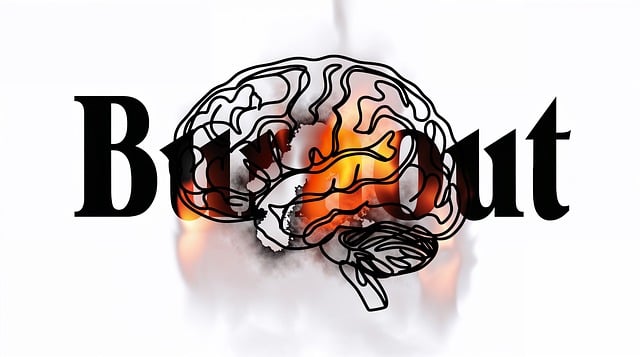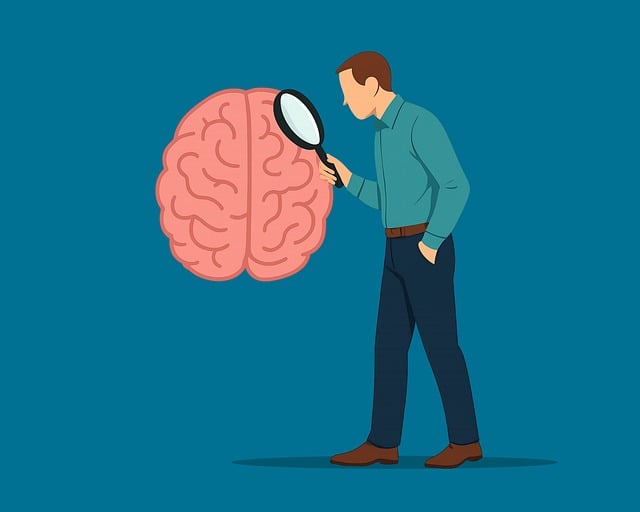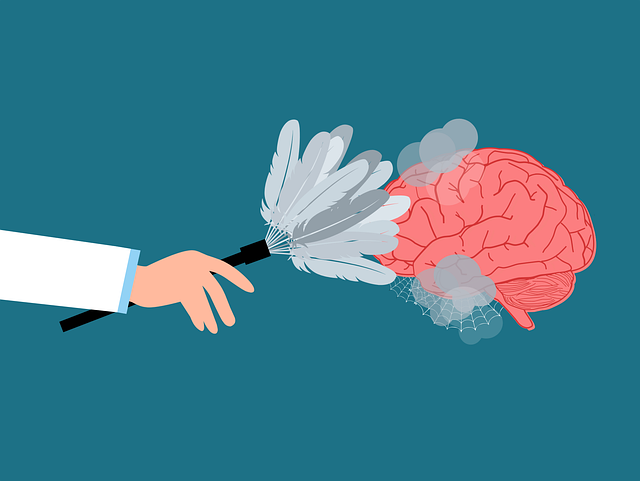Mental health issues are prevalent, impacting daily life and relationships, with conditions like anxiety, depression, and trauma affecting social interactions. Early intervention is crucial through education, including Parker Relationship Issues Therapy techniques such as compassion cultivation and self-awareness exercises. Structured programs combining evidence-based practices, group discussions, and workshops improve mental well-being, destigmatize illness, and empower individuals to manage stress and relationships effectively. Rigorous evaluation measures program success, ensuring long-term benefits and refining therapeutic approaches for better public health outcomes.
Mental health is a vital aspect of overall well-being, yet it often goes overlooked until issues surface. This article explores the critical role of education in addressing mental health challenges and highlights the importance of early intervention. We delve into designing comprehensive programs that target individuals and relationships, incorporating evidence-based practices such as Parker Relationship Issues Therapy for optimal outcomes. Additionally, we discuss evaluation methods to measure success and the long-term benefits of such initiatives.
- Understanding Mental Health Issues and Their Impact on Individuals and Relationships
- The Role of Education in Early Intervention and Prevention Strategies
- Designing an Effective Program: Key Components and Activities
- Incorporating Evidence-Based Practices for Optimal Results
- Measuring Success: Evaluation Methods and Long-Term Benefits
Understanding Mental Health Issues and Their Impact on Individuals and Relationships

Mental health issues are prevalent and can significantly impact an individual’s daily life and relationships. Understanding these conditions is a cornerstone of any comprehensive mental health education program. Common challenges, such as anxiety, depression, and trauma, often manifest in subtle ways, affecting one’s ability to navigate social interactions and maintain healthy connections. For instance, what might start as occasional social withdrawal could be a symptom of an underlying mood disorder, causing individuals to isolate themselves from support systems like family and friends, which are vital for recovery.
The impact of mental health issues extends beyond the individual, affecting their interpersonal relationships and overall well-being. Relationship problems, including conflicts with partners or difficulties in parenting, may arise due to undiagnosed conditions. Parker Relationship Issues Therapy highlights this crucial aspect, emphasizing that addressing mental health concerns not only benefits the individual but also strengthens relationships by fostering better communication, empathy, and understanding. Incorporating techniques like compassion cultivation practices can enhance support systems, enabling individuals to manage their moods more effectively and heal from past traumas, thereby improving both personal and collective mental health.
The Role of Education in Early Intervention and Prevention Strategies

Early intervention and prevention are key strategies in addressing mental health issues, and education plays a pivotal role in achieving this. Mental health education programs design tailored interventions that equip individuals with knowledge and skills to recognize and manage their well-being. By incorporating topics like stress management workshops and mindfulness meditation, these programs empower people to take proactive measures against emerging mental health concerns.
For instance, integrating Parker Relationship Issues Therapy into educational curricula can help students navigate interpersonal challenges early on, fostering healthier communication patterns and emotional resilience. A comprehensive Mental Health Education Programs Design should aim to destigmatize mental illness, encourage open conversations, and provide practical tools for coping with daily stressors. Such initiatives have the potential to significantly impact public health by promoting overall well-being and reducing the burden of mental disorders.
Designing an Effective Program: Key Components and Activities

An effective mental health education program should incorporate a structured curriculum that addresses various aspects of emotional well-being. The design should focus on self-awareness exercises as a foundational element, empowering individuals to recognize and manage their thoughts and feelings effectively. These exercises can include meditation practices, journaling prompts, or reflective conversations designed to enhance introspection and emotional intelligence. By fostering self-awareness, individuals become better equipped to navigate challenging situations, such as Parker Relationship Issues Therapy might address.
Additionally, the program should include interactive activities that promote active learning. This could involve group discussions, workshops on stress management and burnout prevention strategies for healthcare providers, or even creative outlets like art therapy sessions. Engaging participants in these activities ensures a hands-on approach to learning, encouraging knowledge retention and skill application in real-life scenarios. Moreover, integrating Community Outreach Program Implementation can broaden the program’s impact, fostering a sense of collective responsibility for mental health awareness and support within the community.
Incorporating Evidence-Based Practices for Optimal Results

Incorporating evidence-based practices is paramount when designing a mental health education program aimed at fostering optimal results. These strategies have been rigorously tested and proven effective in addressing various psychological challenges, including Parker Relationship Issues Therapy. By integrating techniques such as Mental Wellness Journaling Exercise Guidance, participants can develop self-awareness and gain valuable insights into their emotional patterns. This reflective practice not only enhances Emotional Well-being Promotion Techniques but also equips individuals with tools to manage stress and difficult relationships effectively.
Additionally, incorporating confidence-boosting exercises within the program further solidifies its impact. These activities focus on reframing negative thought patterns and cultivating a positive self-image, which are key aspects of Parker Relationship Issues Therapy. By combining evidence-based practices with practical exercises, the mental health education program becomes a comprehensive guide for personal growth and improved emotional resilience, ultimately enabling individuals to lead more fulfilling lives.
Measuring Success: Evaluation Methods and Long-Term Benefits

Measuring success and evaluating the impact of mental health education programs is essential for ensuring their long-term benefits. This process involves a range of methods, from pre- and post-program assessments to ongoing feedback mechanisms. By assessing participants’ knowledge, attitudes, and skills before and after the program, educators can gauge the immediate effects and identify areas for improvement. Long-term follow-ups are equally crucial, as they allow for the observation of sustained changes in mental health practices and outcomes. This data is invaluable for refining programs like Parker Relationship Issues Therapy, which focuses on enhancing therapeutic relationships.
The evaluation process also plays a significant role in risk management planning for mental health professionals. It helps identify potential risks associated with program implementation, such as limited engagement or adverse reactions. Through rigorous evaluation, Mental Wellness Coaching Programs Development can incorporate feedback to enhance their effectiveness and mitigate risks. This continuous improvement approach ensures that programs remain relevant and beneficial, fostering positive mental wellness outcomes for both practitioners and clients, as supported by robust Risk Assessment for Mental Health Professionals.
Mental health education programs, such as those inspired by Parker Relationship Issues Therapy, play a pivotal role in fostering well-being. By integrating key components like understanding mental health, early intervention, evidence-based practices, and comprehensive evaluation, these programs can significantly impact individuals and communities. They equip people with knowledge, skills, and resources to recognize and address mental health issues proactively, ultimately enhancing the overall health and resilience of society.














